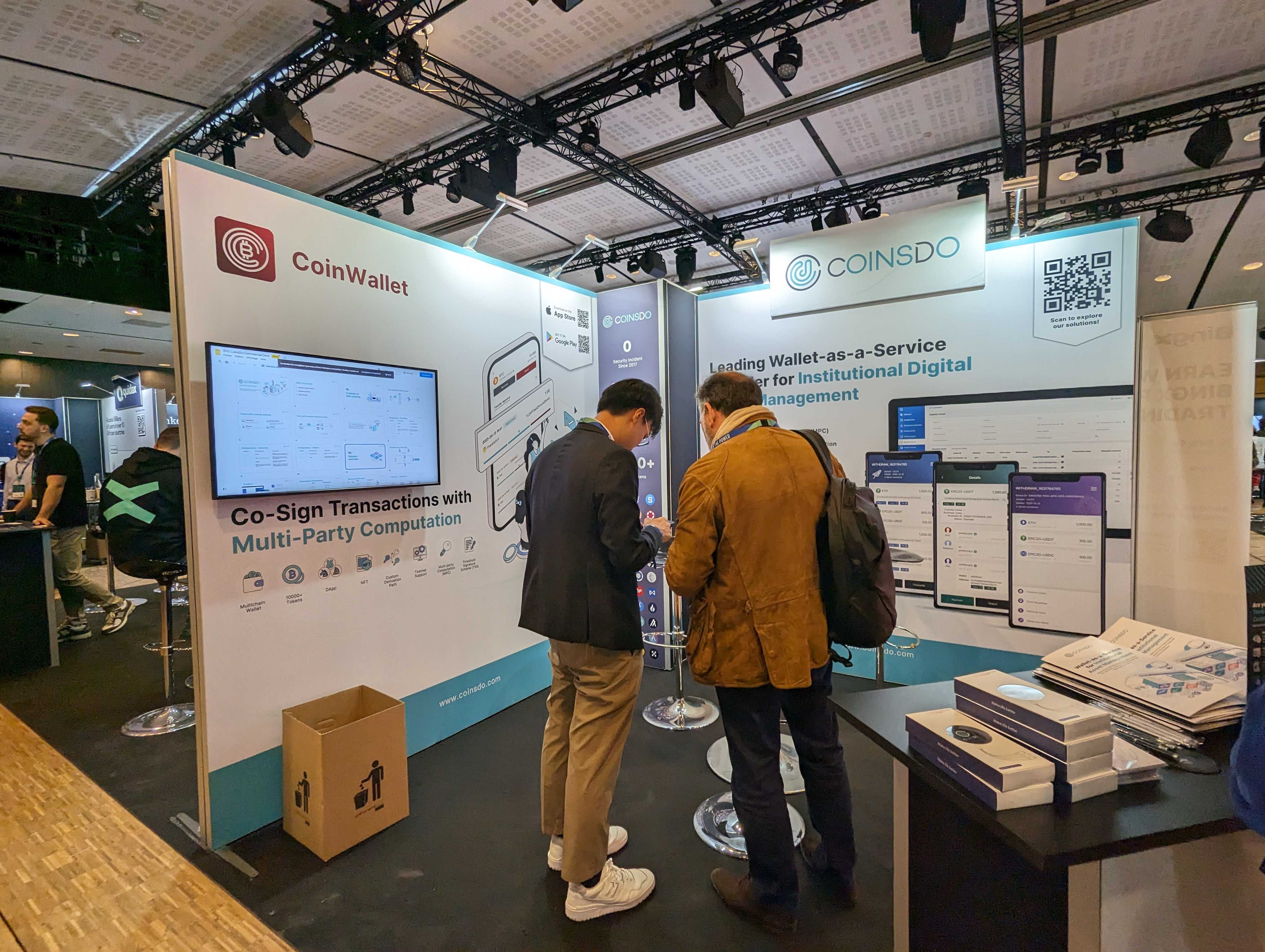
Chris: Thanks for joining us! Could you begin by telling us a little about your yourself?
Daniel: Hello, Chris, thank you for having me. My name is Daniel Tan, and I’m the Business Development Manager at CoinsDo.
I focus on global partnerships, client success, and helping institutions integrate non-custodial wallet infrastructure seamlessly into their ecosystem.
Chris: CoinsDo began in 2017 with blockchain security projects before evolving into a Wallet-as-a-Service provider. What specific lessons from those early experiments shaped today’s product suite?
Daniel: Our early experience came from seeing how many projects suffered massive losses due to wallet mismanagement and over-centralization.
We realized that the biggest security issue wasn’t just technical — it was organizational responsibility. Even in self-hosted wallets, private keys were often exposed to technical staff or finance teams, introducing unnecessary risk.
Those lessons shaped our philosophy: true security means both decentralization and accountability. We built a framework where only wallet owners can access private keys, while finance and tech teams operate through approval workflows and API integrations — never touching the keys directly.
This combination of usability, clear responsibility, and zero key exposure became the foundation of CoinsDo’s architecture.
Chris: When you first launched, digital asset custody was still very underdeveloped. What gaps did you notice in the market that convinced you this was the right direction?
Daniel: Back in 2017, custody was either fully centralized, where users gave up control, or DIY setups, which exposed keys at multiple stages.
We saw a clear gap for an enterprise-grade, non-custodial infrastructure that removes single points of failure and minimizes human key exposure — giving businesses confidence that security doesn’t depend on trust in people, but on verifiable processes.
Chris: You’ve had 0 security incidents since 2017, which is impressive. Can you walk us through your security philosophy and the redundancies built into your system?
Daniel: Our approach is simple: assume failure, design for resilience.
We use multi-layer verification, isolated environments, and zero standing privileges. No single point of control exists — even we can’t move a client’s funds. That’s how we’ve stayed incident-free for over seven years.
Chris: Many institutions are still skeptical about crypto custody. What do you say to a traditional bank executive who worries that MPC and self-custody are “too risky”?
Daniel: The real risk isn’t self-custody — it’s centralized custody and unclear responsibility.
Our infrastructure mirrors what traditional finance already understands: clear segregation of duties, auditability, and strict access control.
With CoinsDo, institutions retain full cryptographic ownership, while approval and execution processes remain secure and traceable.
Chris: For corporations that integrate your APIs, what’s the most common business problem they solve with CoinsDo?
Daniel: Enterprises use CoinsDo to automate deposits, withdrawals, and treasury management securely.
We reduce human intervention, operational friction, and compliance risks — letting them scale confidently in crypto operations.
Chris: Wallet-as-a-Service is becoming competitive. What makes CoinsDo fundamentally different from competitors like Fireblocks, Anchorage, or Copper?
Daniel: CoinsDo is fully non-custodial by design — we never hold client keys or assets.
We focus on infrastructure, not custody, offering flexible APIs, chain-agnostic support, and total operational independence.
Our pricing is also highly competitive and transparent — unlike some competitors that charge based on AUM, address generation, or setup fees, we don’t impose such costs. This makes us accessible to businesses of all scales, from startups to established financial institutions.
Combined with our 7-year zero-incident record, CoinsDo delivers enterprise-grade security and flexibility without unnecessary complexity or hidden fees.
Chris: With 60M+ wallet addresses and $2B+ in transactions, what adoption trends are you seeing across industries? Which sector do you expect to explode next?
Daniel: We’re seeing rapid adoption from fintechs, payment providers, and gaming companies integrating crypto at scale.
Next, we expect stablecoins and real-world asset (RWA) tokenization to lead mainstream enterprise adoption.
Chris: Your mission emphasizes “ethical, inclusive participation” in the blockchain economy. What does that mean in practice, and how does it guide your product decisions?
Daniel: It means giving businesses the freedom to self-custody without relying on intermediaries. Our products are transparent, secure, and accessible, enabling companies of any size to participate confidently in the digital asset economy.
Chris: Finally, if CoinsDo achieves its vision in the next decade, how will the digital asset landscape look different for businesses in 2035?
Daniel: By 2035, managing digital assets will be as easy and secure as online banking.
CoinsDo aims to be the invisible infrastructure powering that world where every business can transact, store, and build on blockchain safely, without ever giving up control.





 usdt
usdt xrp
xrp

